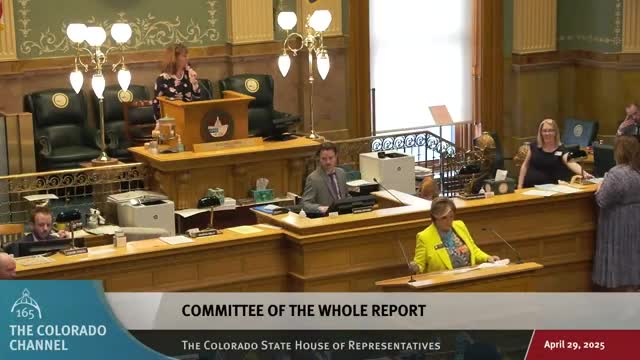Article not found
This article is no longer available. But don't worry—we've gathered other articles that discuss the same topic.
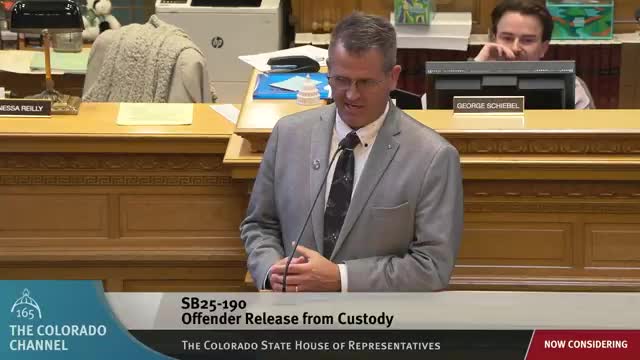
House approves universal dyslexia screening bill for K–3 with delayed implementation to help rural districts prepare
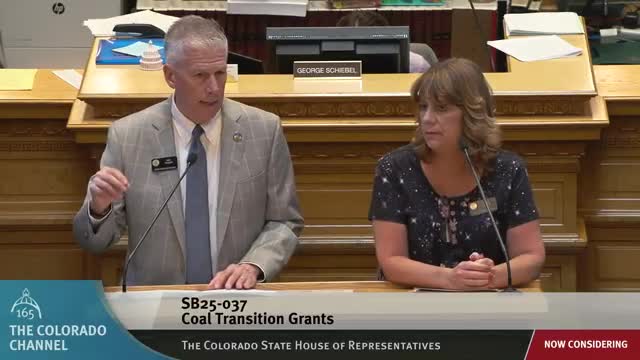
House approves revised compassionate release framework after lengthy debate on eligibility, victims' notice and nursing home placements
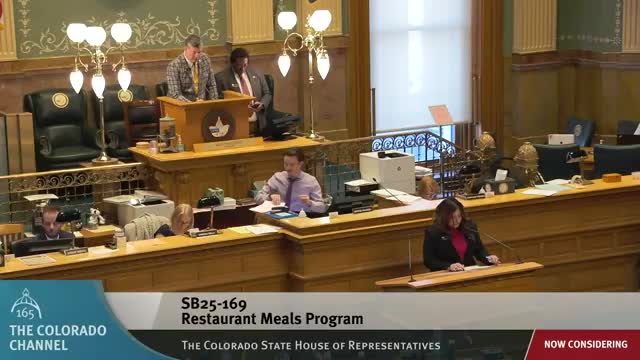
House debates, then passes measure directing state to seek federal approval for SNAP restaurant meals program; lawmakers raise fiscal and operational concerns

House approves creation of study task force to assess capital needs of rural and frontier hospitals
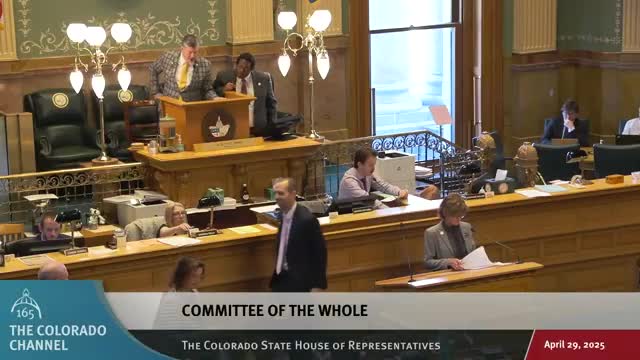
House passes bill to create work group to study future uses of state trust lands

House passes bill letting high-voltage transmission lines run inside state highway rights of way with new permit rules
